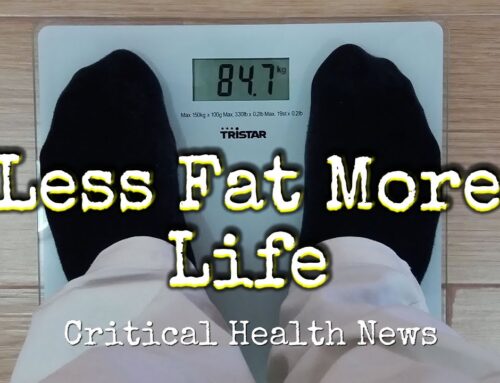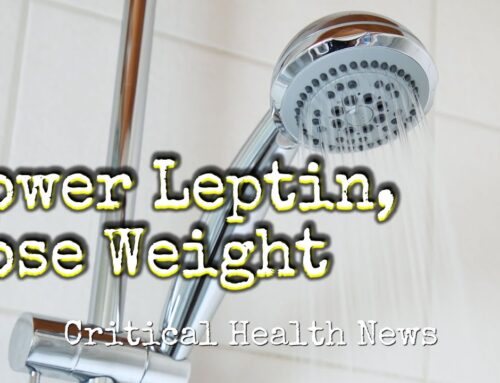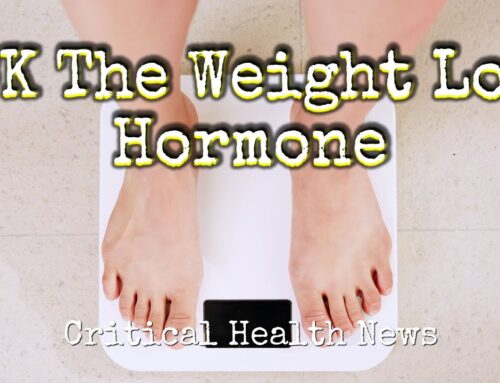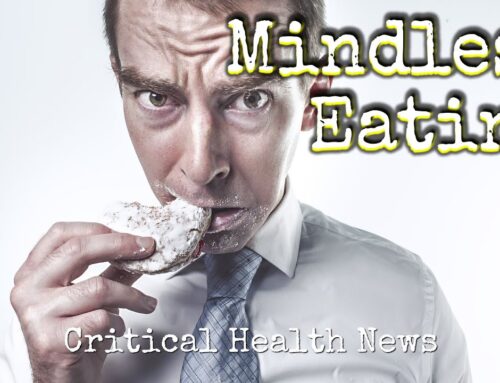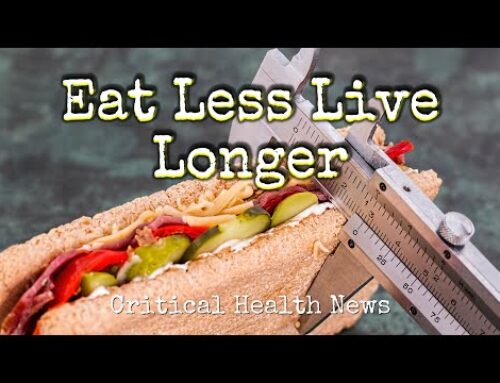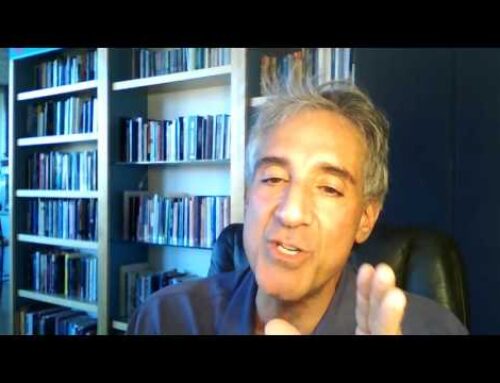One of the most common of nutritional myths is the breakfast is “the most important meal of the day” trope, which was popularized by the Seventh-day Adventist John Harvey Kellogg to promote sales of, his cash cow, “Corn Flakes Cereal”. 50 years later, Edward Bernays, “the father of public relations” and one of the pioneers of modern day advertising, convinced Americans that eating a high calorie, high protein meal first thing in the morning was part of a healthy lifestyle.
The real facts about breakfast are a little bit different. First of all, our paleolithic ancestors, whose bodies and biochemical needs were much like ours, probably didn’t start off the morning with a big meal. It was more likely that they went without, or perhaps began the day with some seeds or maybe plant materials of some kind. Secondly eating draws blood and nutritional resources away from the brain and the muscles and towards the digestive tract, leading to drowsiness and the feeling that you just need to take a nap. Not a plus for productivity.
Perhaps most importantly, between our last meal of the previous day and our next on the following, the body is gradually becoming ketogenic, which means weight loss, more energy and improvements in markers of inflammation. If you must eat breakfast, avoid cereal, sweets and processed foods. Try to stick to protein and good fats: eggs, fish and avocados, as well as green leafies, enjoyed with lots of salt and spices are all great foods to start off your day with.

